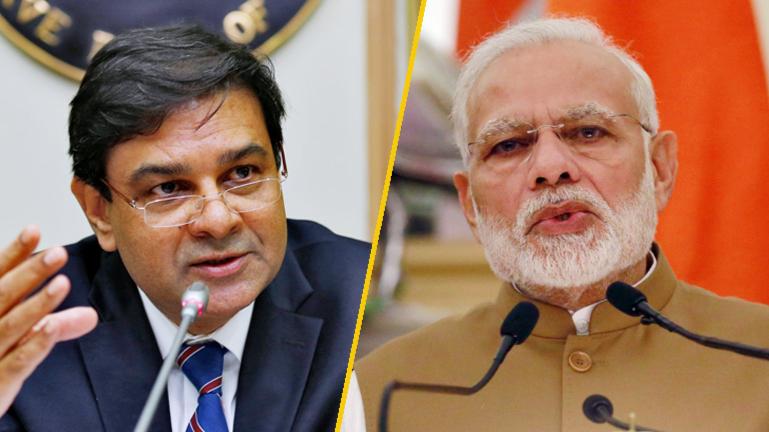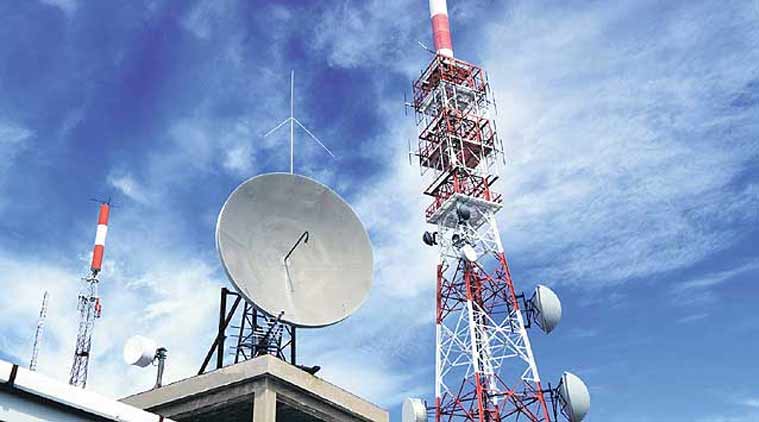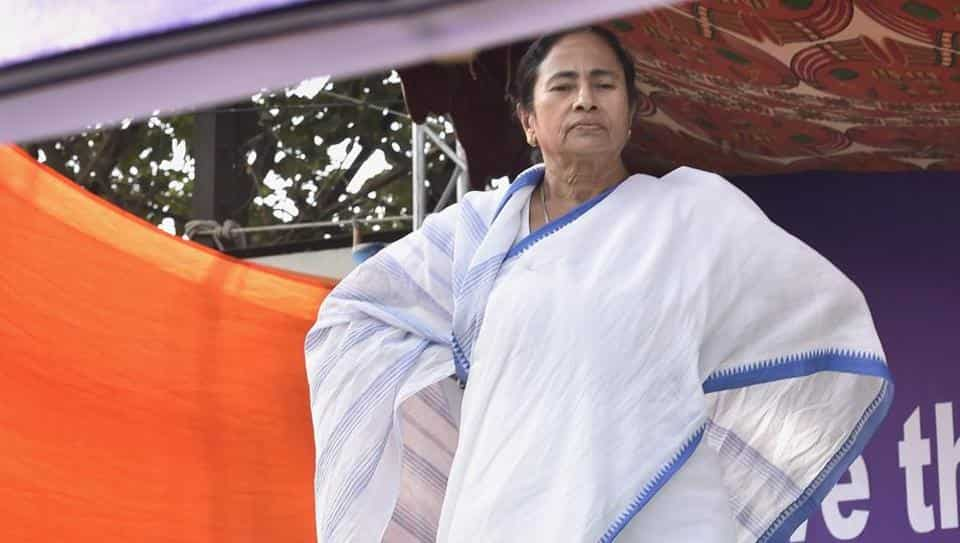A closely watched meeting of the board of the Reserve Bank of India ended this evening with the central bank agreeing to increase liquidity in the open market.
An increased cash flow was among the issues that had brought the Urjit Patel-led RBI and the Narendra Modi government at loggerheads.
During the meeting, the RBI board, which consists of RBI director Urjit Patel, his four deputies and 13 other members either from or appointed by the government, discussed all the contentious issues on which the central bank and the government had clashed.
Sources told during the meeting, the central bank agreed to set up committees on the various issues on which the RBI and the government had clashed in recent times.
These issues included improving liquidity, increasing credit flow to Micro, Small and Medium Enterprises (MSMES), the governance structure of the RBI board, and easing lending restrictions on public sector banks.
The government also wanted the RBI to hand over some money from its surplus reserves. This issue too will be examined by a committee, whose composition will be decided both by the RBI and the government.
On October 27, RBI deputy governor Viral Acharya delivered an unusually strong statement warning against government interference in RBI’s affairs.
“Governments that do not respect central bank’s independence will sooner or later incur the wrath of financial markets, ignite economic fire, and come to rue the day they undermined an important regulatory institution,” Acharya said at an event in Mumbai.
Acharya’s comments were seen to have tactic understanding of his boss, Urjit Patel.
In days after Acharya’s comments, the issues that brought the government and the Urjit Patel-led RBI to loggerheads became public.
The issues ranged from the government wanting the RBI to ease some norms so that banks could easily lend money. The government also wanted the RBI to help in ensuring better credit flow to Micro, Small and Medium Enterprises (MSMES).
Another flashpoint was the Centre asking that the RBI transfer surplus reserves to the government.
On all these issues, Urjit Patel’s RBI was seen to be reluctant as far as giving in to the government requests was concerned.
The RBI vs government tensions were capped off by the latter invoking Section 7 of the RBI Act, something that was never done before in the history of independent India.
Section 7 of the RBI Act empowers the government to issue directions necessary to the RBI from time to time. The complete implications of the section being invoked remain unknown.









